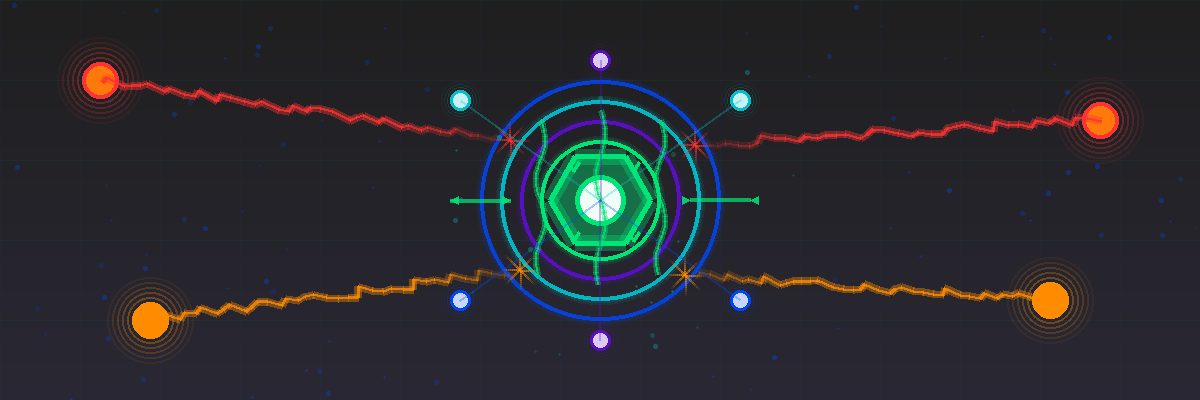The Digital Operational Resilience Act (DORA) is now in effect across the EU, setting a new standard for how financial institutions and their technology partners manage digital risk. It applies to banks, fintechs, insurers, payment providers, and the cloud or data vendors that support them. The goal is to ensure that critical financial services can withstand disruptions, from cyber incidents to system failures.
Why Logging Is Central to DORA
Logs are the backbone of operational resilience. They show what’s happening inside systems, who accessed what, and when. DORA requires organizations to identify risks, detect and report incidents quickly, and demonstrate recovery. None of that works without clear, comprehensive log data. Strong log management enables visibility, faster investigations, and proof of compliance when regulators ask for it.
The Problem with Traditional Logging
Most organizations struggle to balance visibility and cost. Logging every event across infrastructure, cloud services, and third-party systems can become prohibitively expensive. Many teams are forced to choose between collecting fewer logs or paying unsustainable bills. This tradeoff leaves gaps that make full compliance difficult and increase operational risk.
How Grepr Helps
Grepr.ai was built to solve the cost and scale problem of logging. Our platform uses semantic machine learning to filter repetitive noise while preserving the essential data that teams rely on for monitoring, investigations, and reporting. Companies can keep full log coverage at a fraction of the cost, retain everything in low-cost storage, and pull complete data sets when needed for audits or incident reviews.
Staying Resilient Under DORA
Financial institutions and their technology providers now need continuous oversight, complete visibility, and verifiable audit trails. Grepr helps make that possible by aligning logging practices with the realities of cost and scale. It bridges the gap between compliance and practicality, giving teams the control they need to stay resilient.
More blog posts
All blog posts
Privacy and Data Ownership in Observability Pipelines

Observability Cost Control: How Grepr and Edge Delta Take Different Paths to the Same Goal



